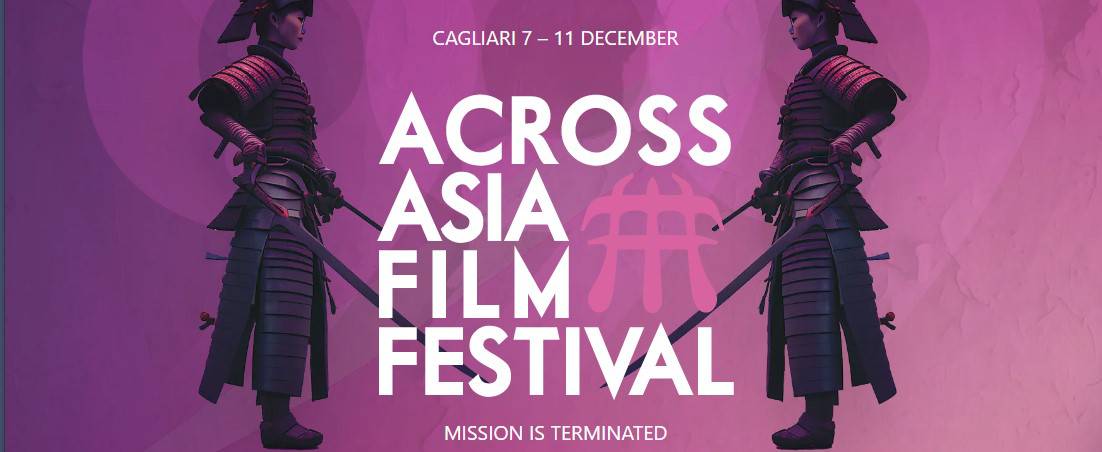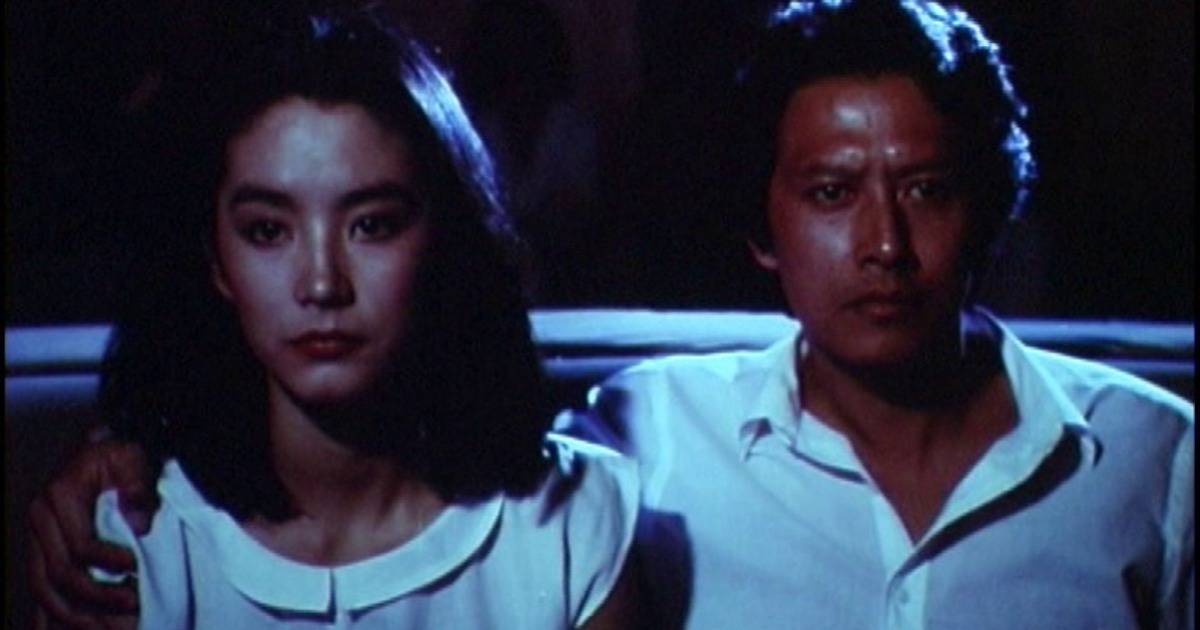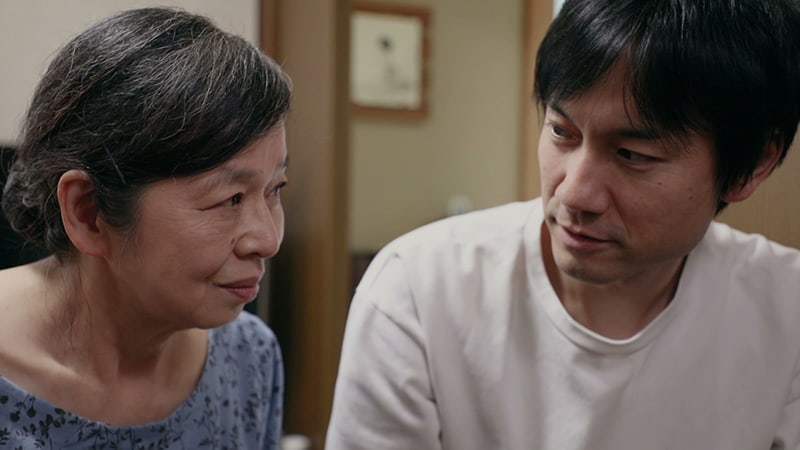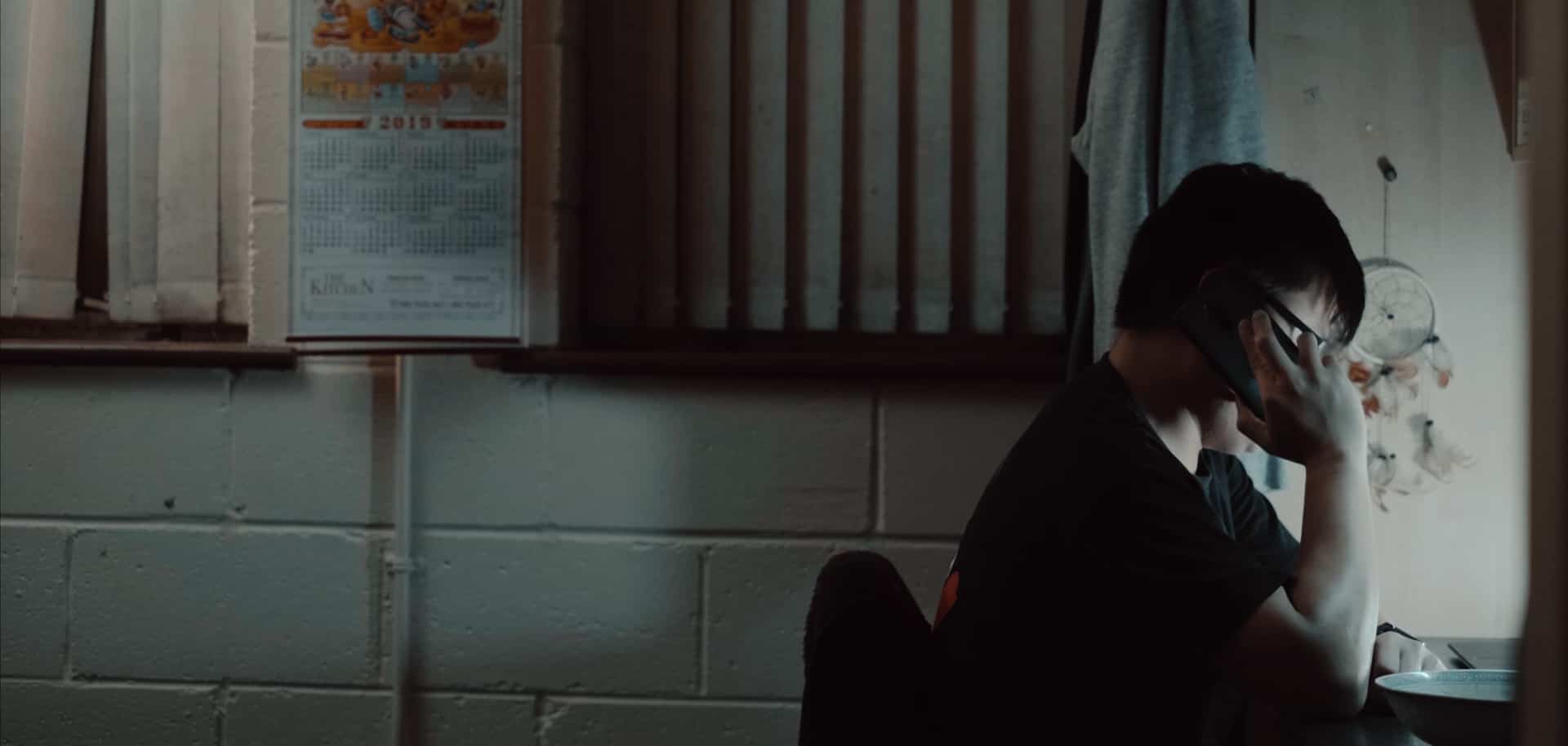While on the one hand India is called one of the world's biggest democracies, on the other hand it is a place defined by many aspects which contradict this concept. Even though the pandemic has shone a light on growing disparities, between rich and poor as well as the rural and the urban side of the country, these points have been there for a long time, especially since many efforts of modernizing India have only gone so far and have certainly not reached all areas of life. One of those aspects has to be the caste system, which is abolished in theory but still plays a significant role in everyday life, which was one of the reasons the suicide of scholar Rohith Chakravarti Vemrula sparked a series of national protests against the it, but also against many other factors which have made the lives of many people miserable. These protests gave inspiration for “The Night of Knowing Nothing”, a documentary by director Payal Kapadia, which already screened at Toronto International Film Festival and won the Golden Eye Award at Cannes Film Festival in 2021.
A Night of Knowing Nothing is screening at Acoss Asia Film Festival

As the protests mark the foundation of the feature, there is also a narrative framework surrounding the life and work of L., a film student at the Film and Television Institute of India. A box of personal belongings and film has been found giving insight into her life as well as her coverage of the protests taking place all over the country and which she became increasingly more involved in. Kapadia integrates all of these segments into her feature, emphasizing the extent of the national protest movement, but also giving the viewer some insight into political and social development under the Indian government, which seem highly problematic and eventually damaging to any democratic system.
There are two emotions which form the core of “A Night of Knowing Nothing”. Highlighted by an aesthetic approach seemingly influenced by the experimental and highly ideological documentaries by Jean-Luc Godard in the 1960s and 1970s, frustration and disappointment can be observed in the footage of the aforementioned protests, but also the story of L. As she has to end her relationship with a male student, due to his caste, the spark ignited by the death of Vermula becomes a basis for her own feelings, expressed in her growing involvement with the protest movement. The viewer, just as L. realizes the need for a change, for a drastic turning point in the country, until this rage and frustration becomes an uncontrollable force of nature.
In the end, “A Night of Knowing Nothing” is a documentary giving its viewer some insight into the socio-political landscape of India, following an experimental, but nevertheless quite captivating approach. Payal Kapadia highlights the need for drastic change in India while also directing a film which mirrors the state of chaos and confusion of the country itself.















